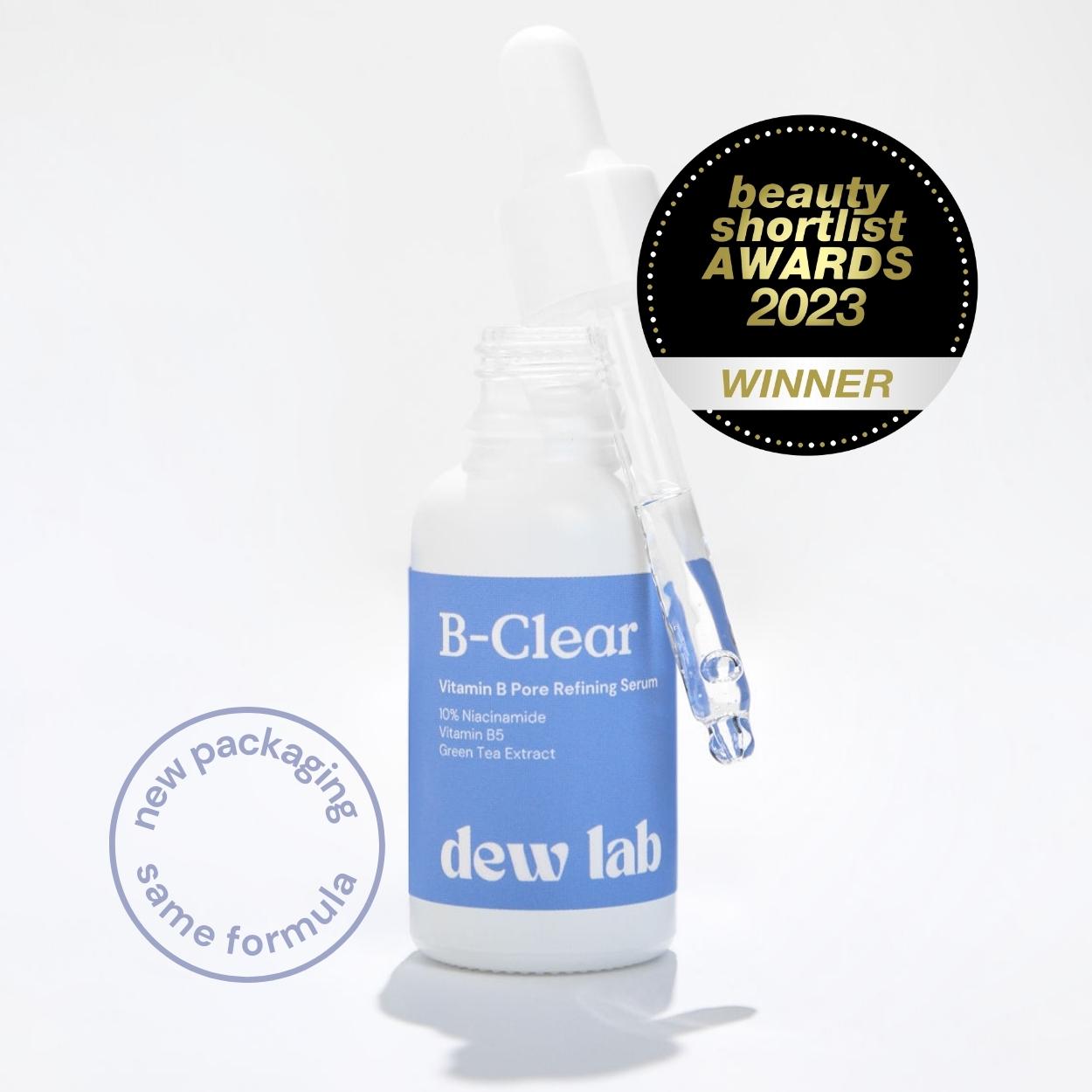When it comes to skincare, one size does not fit all. Understanding your skin type is the essential first step in building a personalised skincare routine that works for you. Do you have oily, dry, combination, or sensitive skin? In this blog post, we'll demystify the concept of skin types and help you identify your specific skin type, empowering you to make informed choices about the products and routines that will keep your skin looking its best.
Why Identifying Your Skin Type Matters
Your skin type dictates how your skin reacts to various products and environmental factors. The wrong skincare routine can exacerbate issues or create new ones. On the other hand, a tailored routine can address your skin's unique needs, helping you achieve a clear, healthy complexion. Let's explore the four primary skin types:
1. Oily Skin
Characteristics:
- Excess sebum (oil) production, leading to a shiny appearance.
- Enlarged pores, particularly in the T-zone (forehead, nose, and chin).
- Prone to blackheads, whiteheads, and acne.
Recommended Skincare:
- Cleansers with salicylic acid or glycolic acid to control oil.
- Lightweight, oil-free moisturizers.
- Gel-based or foaming cleansers to remove excess oil.
2. Dry Skin
Characteristics:
- Tightness, roughness, or flakiness.
- Dull complexion.
- Fine lines and wrinkles may appear more prominent.
Recommended Skincare:
- Rich, hydrating moisturizers containing ingredients like hyaluronic acid or shea butter.
- Creamy, non-stripping cleansers.
- Avoid harsh or alcohol-based products that can further dry out your skin.
3. Combination Skin
Characteristics:
- Oily T-zone (forehead, nose, and chin) with drier cheeks.
- Pores may appear larger in the T-zone.
- Occasional breakouts in the oily areas and dry patches in the drier areas.
Recommended Skincare:
- Use a gentle, balanced cleanser.
- Apply a lightweight, non-comedogenic moisturizer.
- Consider spot treatments for the occasional breakouts in the T-zone.
4. Sensitive Skin
Characteristics:
- Prone to redness, irritation, or burning sensations.
- Reacts negatively to many skincare products.
- May have a thinner or more fragile texture.
Recommended Skincare:
- Look for gentle, fragrance-free products.
- Use a mild, non-foaming cleanser.
- Patch-test new products to avoid adverse reactions.
How to Identify Your Skin Type
To determine your skin type, follow these simple steps:
1. Start with a Clean Face: Begin with a freshly washed face to get the most accurate assessment.
2. Observe Your Skin: After an hour or so, observe how your skin feels and looks:
3. Conduct a Patch Test: To further determine your skin's sensitivity, conduct a patch test of a new product on a small area of your skin and wait for 24 hours to see if any adverse reactions occur.
4. Visit a Dermatologist: If you're still unsure about your skin type or if you have specific skin concerns, consider consulting a dermatologist. They can provide professional guidance and recommend suitable products and treatments.
Tailoring Your Skincare Routine
Once you've identified your skin type, you can create a skincare routine that caters to your specific needs. Here are some general tips for each skin type:
Embrace Your Skin's Unique Needs
Your skin is unique, and understanding your skin type is the foundation for achieving and maintaining healthy, glowing skin. Embrace your skin's specific needs, and remember that it may change over time or with changes in your environment. By identifying your skin type and tailoring your skincare routine accordingly, you'll be well on your way to achieving the clear, radiant complexion you desire.


